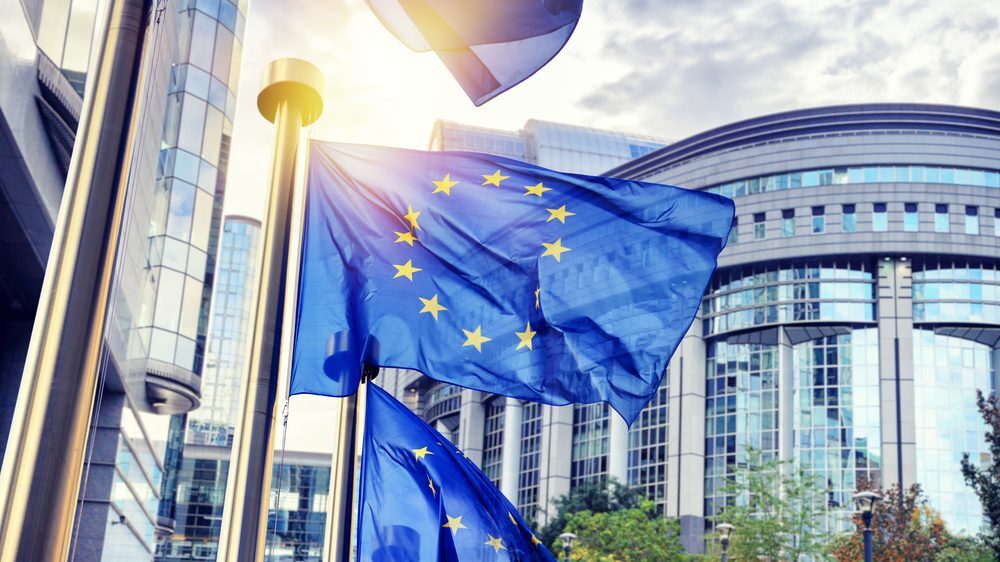
Populist and nationalist factions in the 705-member European Parliament are expected to gain a modest 38 seats between them as polling suggests a growing momentum on the right in time for next year’s European elections.
According to POLITICO’S “poll of polls,” the conservative European Conservatives (ECR) and Reformists group which represents such parties as Meloni’s Fratelli d’Italia and Poland’s PiS will be the primary beneficiaries of Europe’s populist wave, predicted to gain 23 seats to put them level with the federalist Renew group.
Once a month, I take a closer look at the EU polling trends to analyze what the current political mood would mean for the European Parliament election.
— Cornelius Hirsch (@VollCornHirsch) August 9, 2023
Here are the 5 results which surprised me the most from the POLITICO Research & Analysis Division report published today:
🧵 pic.twitter.com/SPB6hAaz4A
The more right-wing Identity and Democracy (ID) will also see substantial gains, primarily on the back of an explosion of support for the AfD in Germany. The poll is predicting ID rising from 62 to 77 seats despite expected losses in its Italian Lega contingent.
The advance of the populist and conservative right comes at the expense of Europeans Greens who are expected to lose 48 of its current 72 seats as voters turn their back on the flatlining European Green deal with even centrist factions in the European Parliament beginning to tone down green rhetoric less than a year before elections.
Despite an uptick for the right, the traditional European centre left and right will remain strong in the form of the European People’s Party (EPP) and Socialists and Democrats (S&D) who will remain the largest and second largest parties respectively.
e traditional alliance of the European centre ranging from EPP, S&D, and Renew looks like it will have the numbers to continue if this poll is to be believed.
However, speculation abounds of either the EPP or S&D wreaking from their traditional policy of legislative co-operation to seek out more ideological partners on the right and the left. The EPP has been criticised for jettisoning the green agenda that has dictated the European legislative calendar since 2019 with EPP President Manfred Weber known to be courting ECR parties despite a very public spat with Poland’s ECR-aligned PiS amid the ongoing Polish election campaign.
While having a comparatively weak role in the legislative process relative to national parliaments, the European Parliament still has a crucial role in forming the next European Commission with the post of Commission President currently held by the EPP’s Ursula von der Leyen.
An added variable in any post-electoral horse trading will be the role of Hungary’s 12 Fidesz MEPs who are currently non-aligned following their departure from the EPP group due to Budapest’s opposition to mass migration.
